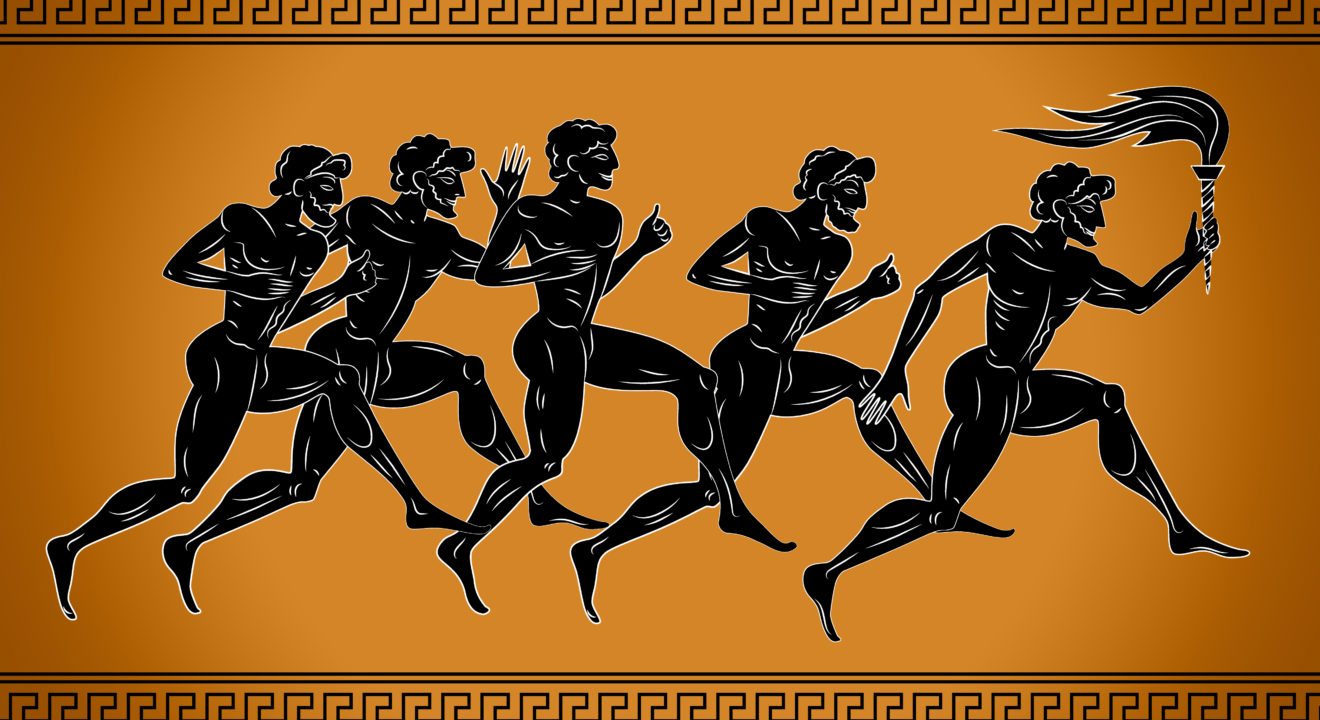Entertainment August 25, 2016


With the nearing conclusion of the summer, students head back to school with fond memories of two weeks glued to the TV, watching inspirational athletes compete to see who is really the best at swimming, sprinting, lifting and more.
But did you ever take a moment from watching beach volleyball to think about how much the Olympic Games have changed since their inception? It’s been about 1,240 years since the first Olympics was held in Ancient Greece, and now the Olympics is one of the most popular, entertaining and competitive sporting events in the world.
Curious about how the games got there? Then keep reading to learn four different ways the Olympics has changed since its inception thousands of years ago.
The ancient Greek games – from which our modern-day Olympics descended – were dominated by men, although women did have their own separate events in Olympia. It wasn’t until the 1900 Games that women were finally allowed to compete in the official games alongside men. Out of 1,330 athletes, 11 of them were women who competed only in tennis and golf. Today, the International Olympic Committee (IOC) is committed to gender equality and encourages both men and women to compete in the Games.
The ancient Greeks weren’t skiing on frozen ponds or bobsledding down Mount Olympus at the time of the first Olympic games. The Mediterranean climate rarely produces snow and excessively cold weather during winters. It wasn’t until 1924 that the first Winter Olympics was held in Chamonix, France, where Canada swept the hockey competition with only three goals scored against their 122 winning goals.
Amid the doping allegations that surfaced prior to the 2016 Olympics, the ancient Greeks had a different way of honoring integrity and fairness: giving an oath. Athletes would undergo an inspection by a panel of 10 officials and would then promise to compete fairly in the games. Although the oath is an ancient tradition that continues today, men and women competing today go through a rigorous process of drug testing and other assessments to ensure that competitors aren’t unfairly advantaged.
No, we’re not talking about cars. Ancient Greek men who competed in the games would strip down to their birthday suits and oil themselves up with, you guessed it, olive oil to prepare for their competition. Although this tradition hasn’t carried into the Olympics that we know and love today, the Internet was recently set ablaze during the opening ceremony of the 2016 Olympics when Tonga’s oiled up flag-bearer appeared on TV screens across the word. Unsure whether he was invoking ancient tradition or simply making a stylistic choice, Today show hosts were quick to express their appreciation for the glossy flag-bearer.